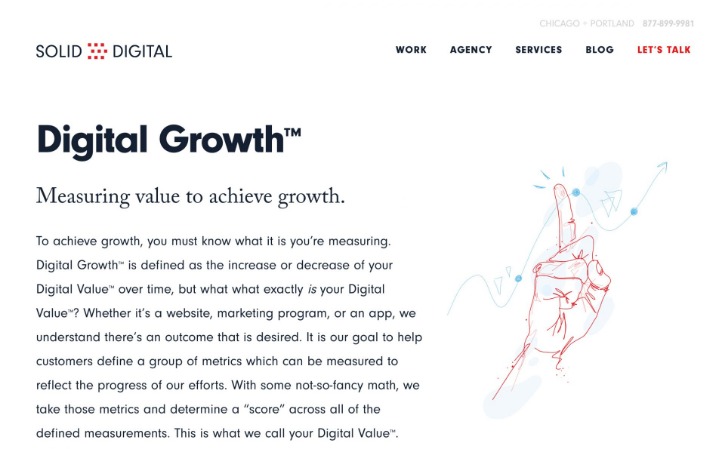In the contemporary landscape of business and technology, Project documentation services have become indispensable. As organizations strive to remain competitive, efficient documentation is the glue that holds complex projects together. The demand for Digital project planning experts has soared, given their capability to foresee potential bottleneck scenarios and devise solutions proactively.
The Evolution of Documentation Practices
Historically, documentation was seen as a peripheral task, often relegated to the last stages of a project. However, with the onset of digital transformation, the necessity for Cloud-based documentation has surged, enabling teams to collaborate seamlessly across the globe. This shift is not merely a technological upgrade but a strategic evolution, aligning with the needs of modern enterprises to maintain and access real-time information.
Critical Components of Project Documentation Services
With projects becoming increasingly complex, the scope and quality of documentation have gained prominence. Key services include:
- Cyber Readiness Documentation: Ensuring that projects comply with cybersecurity protocols, protecting sensitive data from breaches.
- IT Project Management as a Service: Providing expert oversight, ensuring projects are executed within the proposed timelines and budget.
- Technical project change management: Handling changes seamlessly to minimize disruptions and maintain project trajectory.
Organizations often rely on Project audit and recovery professionals to conduct comprehensive evaluations, ensuring compliance and assessing performance at each stage. This process is pivotal in Project recovery consultants identifying potential roadblocks and recommending strategic adjustments.
Adopting a Future-proof Approach
The key to successful digital transformation lies in the integration of robust documentation strategies within the project lifecycle. By employing specialized Digital transformation documentation practices, businesses can navigate the complexities of the digital era with confidence. Integrating Documentation-as-a-Service not only enhances organizational agility but fosters a culture of transparency and preparedness.
In conclusion, as the business environment continues to evolve, the role of documentation will inevitably expand, paving the way for continuous innovation and growth. It is imperative for organizations to embrace digital documentation as a core component of their operational strategy to ensure sustainable success in a rapidly changing world.



